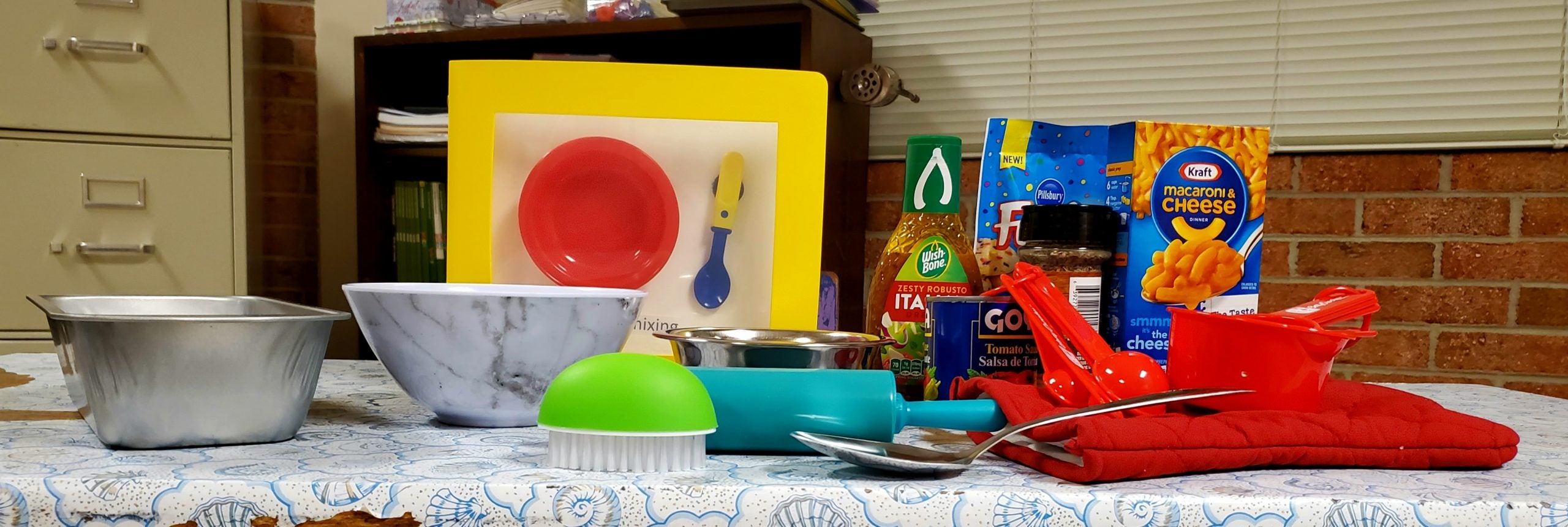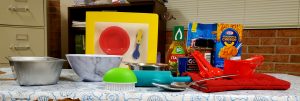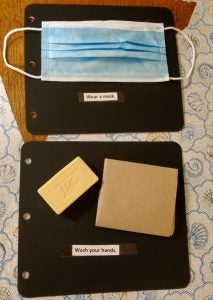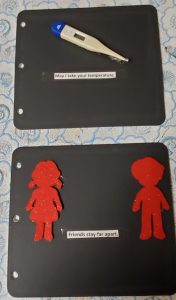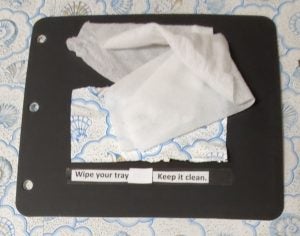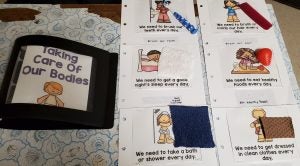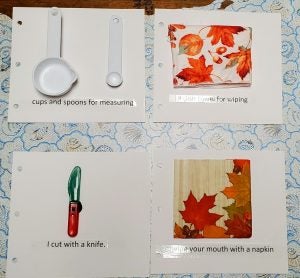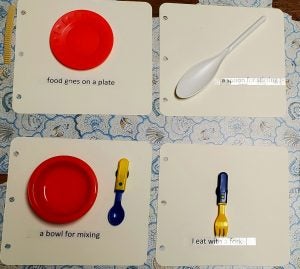Reminiscing…we all do it! It’s fun when old pictures show up on our phone timeline. We all enjoy looking back through old photo albums of special times and fun memories. It can bring us back to the good old days. We like to talk about our feelings about those times with others. How many souvenirs have you stored away from past family vacations? It’s fun to look back at those items and remember the experiences associated with them. Think about how many pictures of special events are shared on social media. It becomes a source of communication with others through comments that people make on the shared post. Those pictures and objects can be very reinforcing when teaching literacy. There’s a name for that…It’s called an experience book!
Experience books provide learners the opportunity to review details of activities or events they have completed. The learner can reminisce about the event as they explore the book alone or with a reading partner. These books allow for sharing communication opportunities across environments and people. They also reinforce concept development through the participation and review of steps of an activity. Check out a video from Washington Sensory Disability Services that explains more about experience books.
These books are created to be individualized, specific, and based on the interest areas and experiences of a learner. They are also created with print format specific to the learner, such as amount, type, and size of print, including Braille. Check out these great book examples related to the Covid pandemic:
Experience books contain meaningful and purposeful literacy components. They teach concepts and vocabulary as well as encourage receptive and expressive communication. Paths to Literacy has shared some very helpful information about creating these books.
Experience books usually relate directly to a specific event or activity. Some topics can include the following student-specific experiences as related to:
- Classroom-Related Activities
- Community Trips
- Daily Schedule
- Routines
- Specific Activities
- Holidays/Special Events
- Family/Friends
The school and family team can develop a library of experience books to share between home and school. It’s helpful to communicate with families to determine topics. There are lots of great examples to create these books around school activities, including the following topics:
- Greetings
- Morning Meeting
- Snacktime
- Recess
- Centers
- Mealtime
- Academic Lessons
- End-of-Day Meeting
- Departure (bus or parent pick-up)
- Riding the School Bus
- Music Class
- Art Class
- Physical Education
Check out these story page examples related to mealtime:
Before making an experience book, it’s important to plan ahead for components of the book, including textures, text, color contrast with text and page, and book material (card stock, cardboard, etc.). Determine the appropriate amount of text depending on the individual student’s needs. Collect specific, meaningful items to represent the print on each page.
Materials for making experience books may include the following:
- Whole or partial objects
- Glue
- Tape
- Preferred form of print (raised letters, Braille, large letters)
- Cardstock or cardboard for pages
- Binder or tape to put pages together
Check out these great sites with information about experience books:
https://www.pathstoliteracy.org/blog/creating-experience-books-children-who-are-blind
https://www.wsdsonline.org/video-experience-books/
http://literacy.nationaldb.org/index.php/emergent-literacy/strategy-3/
https://www.tsbvi.edu/seehear/spring03/books.htm#box6
Have you made an experience book? If so, please share your example in the comment section below!
Julie Brickhouse, M.Ed.,NBCT, East Carolina University DeafBlind Project Teacher Support Program, Technical Assistance Consultant
*Experience book examples were provided by a school team in Rocky Mount, North Carolina. Team members include Delia Wiggins, Jennifer Harwell, and Meredith Stokely.

